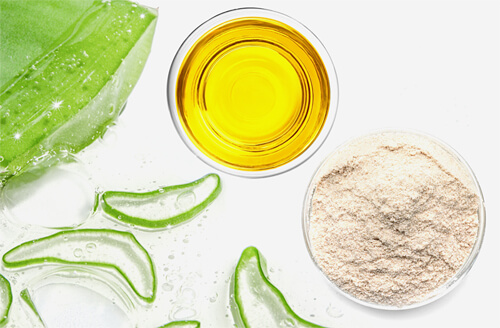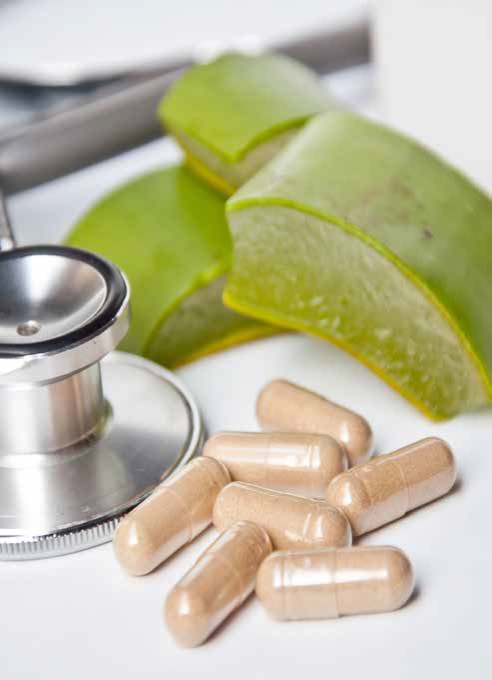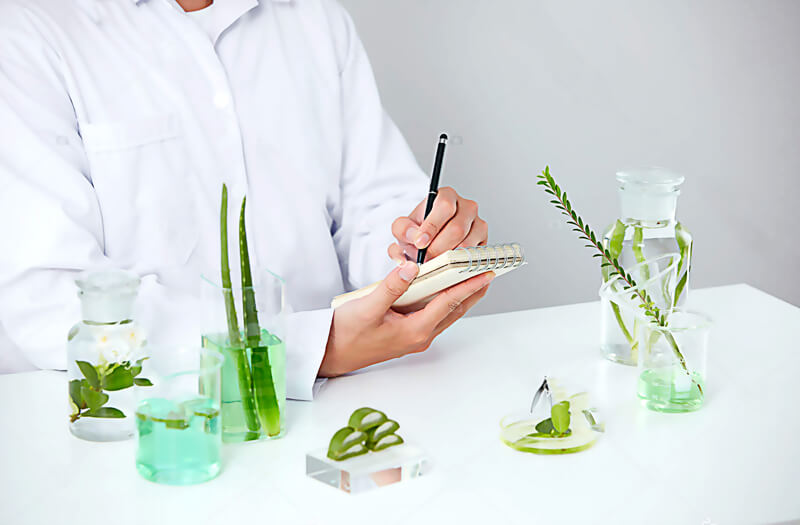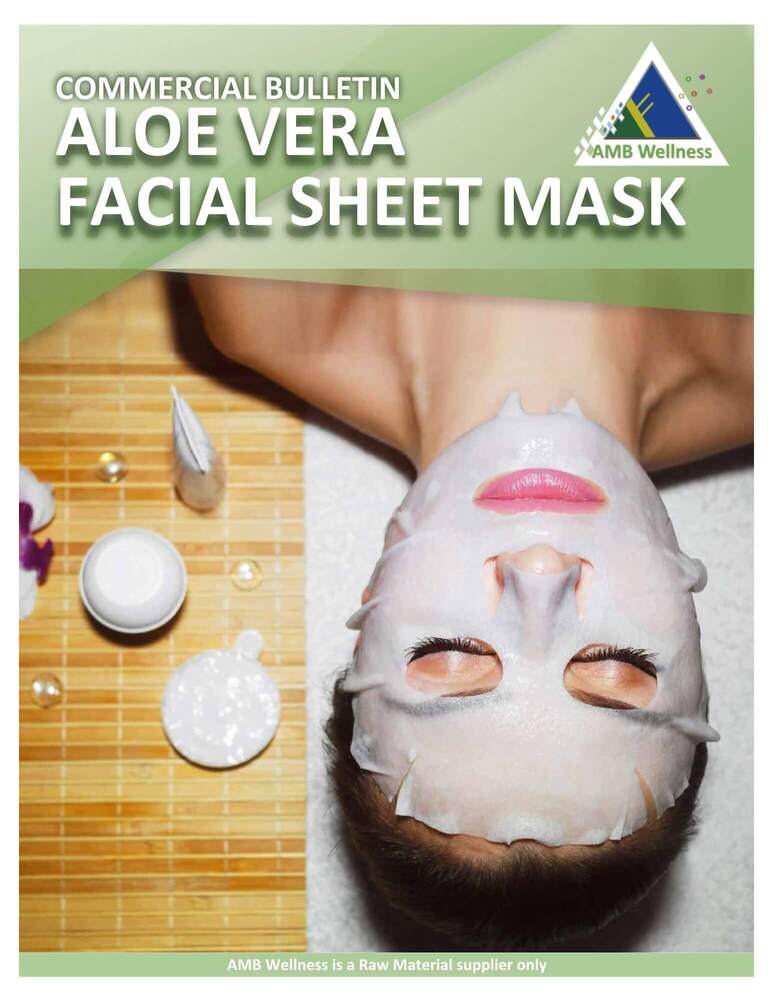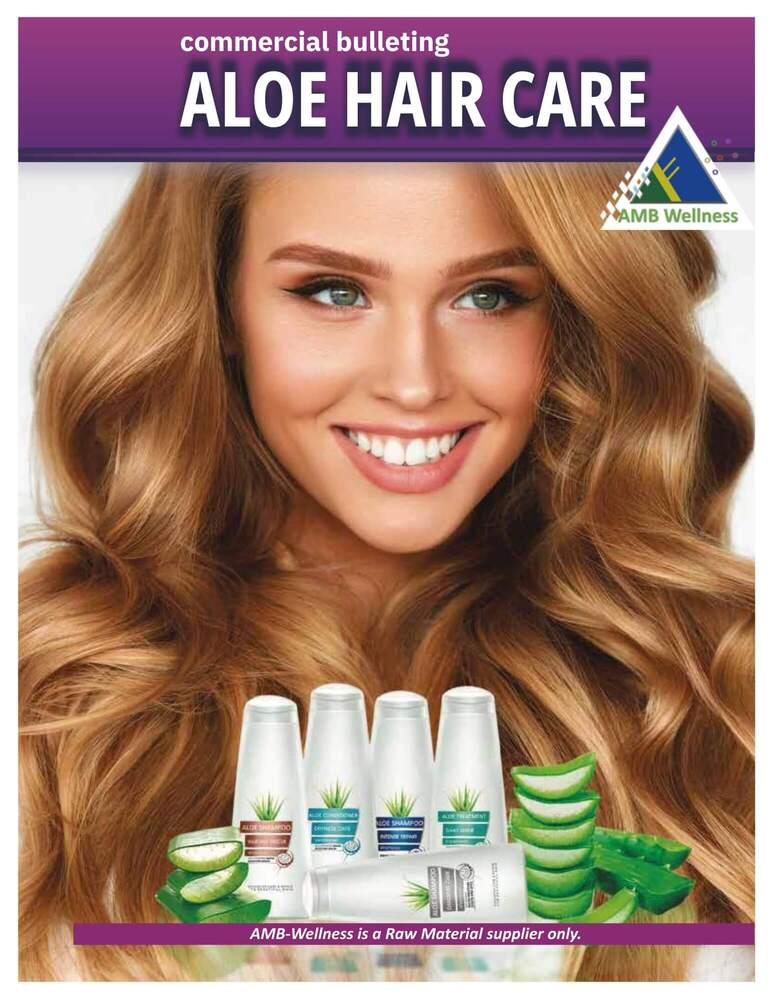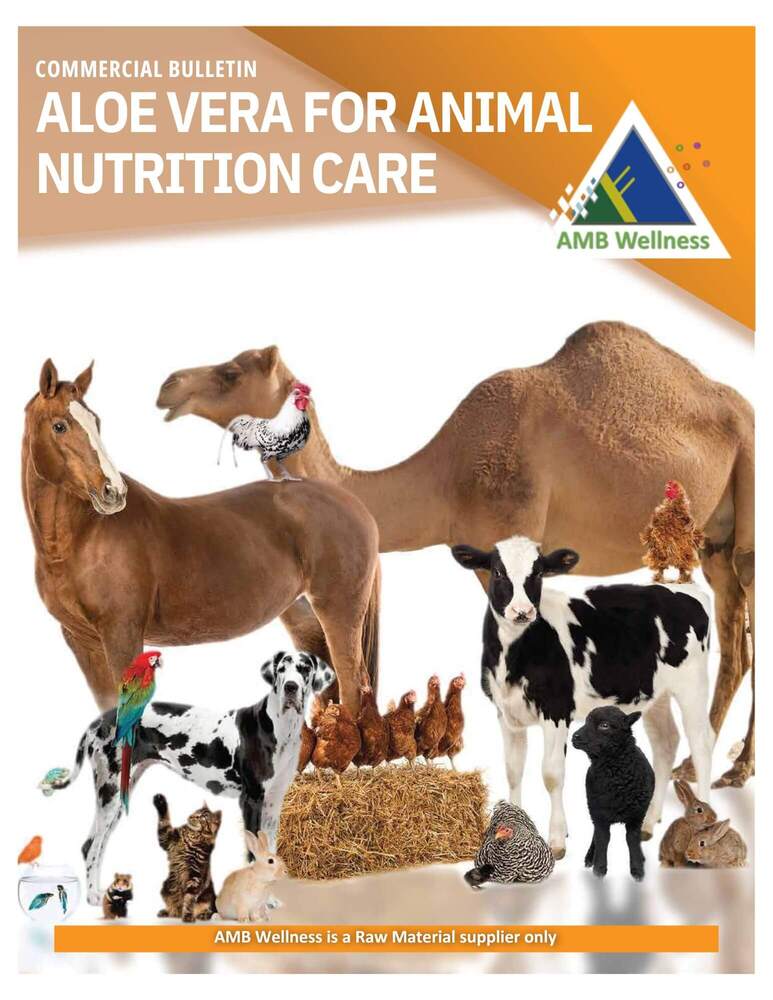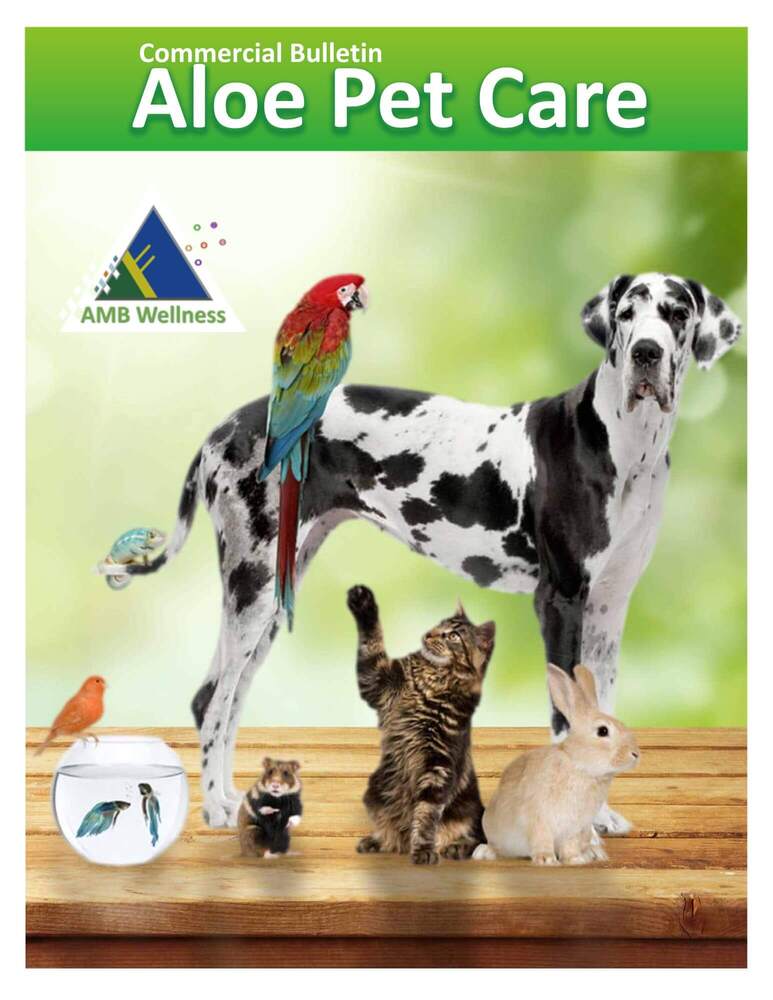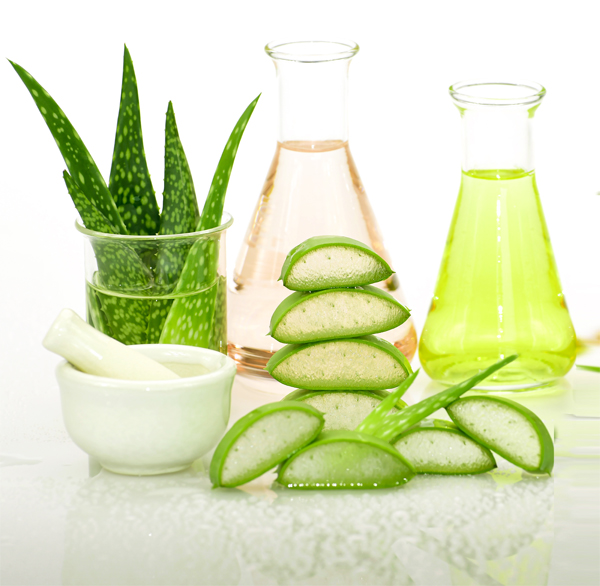Authors Misir J H, Brishti F M, Hoque M
New technological advances in antimicrobial edible coatings for food may hold promise in extending shelf life, reducing packaging layers, meeting food safety and quality requirements. Emerging research shows polysaccharides, bacteriocins, essential oils, enzymes, proteins and lipids are all natural coatings that have unrealized potential in food preservation. Recently, interest has increased in using Aloe vera gel-based edible coating material for fruits and vegetables. Aloe vera gel has been proven one of the best edibles and biologically safe preservative coatings for different types of foods because of its film-forming properties, antimicrobial actions, biodegradability and biochemical properties. It is composed mainly of polysaccharides and acts as a natural barrier to moisture and oxygen, which are the main agents of deterioration of fruits and vegetables. Aloe vera gel can prolong shelf life of the fruits and vegetables by minimizing the rate of respiration and maintaining quality attributes (color, flavor etc.). It has antifungal and antibacterial property which provides a defensive barrier against microbial contamination of fruits and vegetables, Edible coatings are thin layers of edible material applied to the product surface in addition to or as a replacement for natural protective waxy coatings and provide a barrier to moisture, oxygen and solute movement for the food, they are applied directly on the food surface by dipping, spraying or brushing , Edible coatings are used to create a modified atmosphere and to reduce weight loss during transport and storage, Aloe vera that prolongs the conservation of fresh fruits, This gel is tasteless, colorless and odorless. This natural product is a safe and environmentally friendly alternative to synthetic preservatives such as sulfur dioxide. According to the researchers, this gel operates through a combination of mechanics, forming a protective layer against the oxygen and moisture of the air and inhibiting the action of micro-organisms that cause food borne illnesses through its various antibacterial and antifungal compounds. Aloe vera gel-based edible coatings have been shown to prevent loss of moisture and firmness, control respiratory rate and maturation development, delay oxidative browning and reduce microorganism proliferation in fruits such as table grapes, sweet cherries and nectarines. The main goal of this article is to critique and update the information available on Aloe vera gel properties, its preparation and on the use of Aloe vera gel coatings as an effective preservative to improve the safety, quality, and functionality of fresh fruits.

